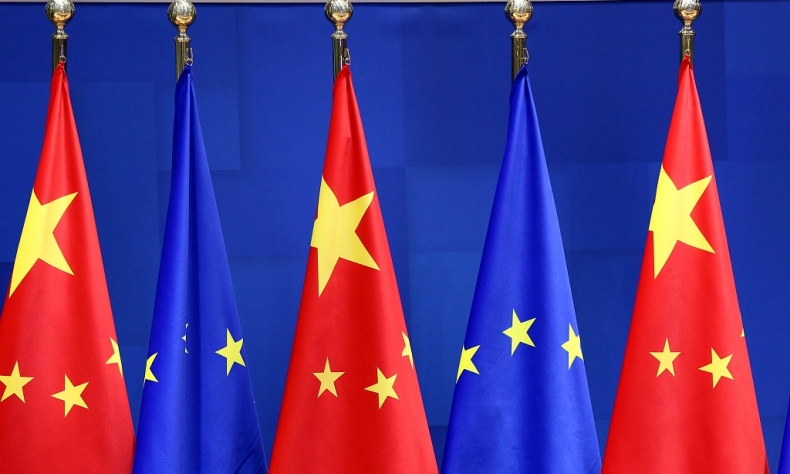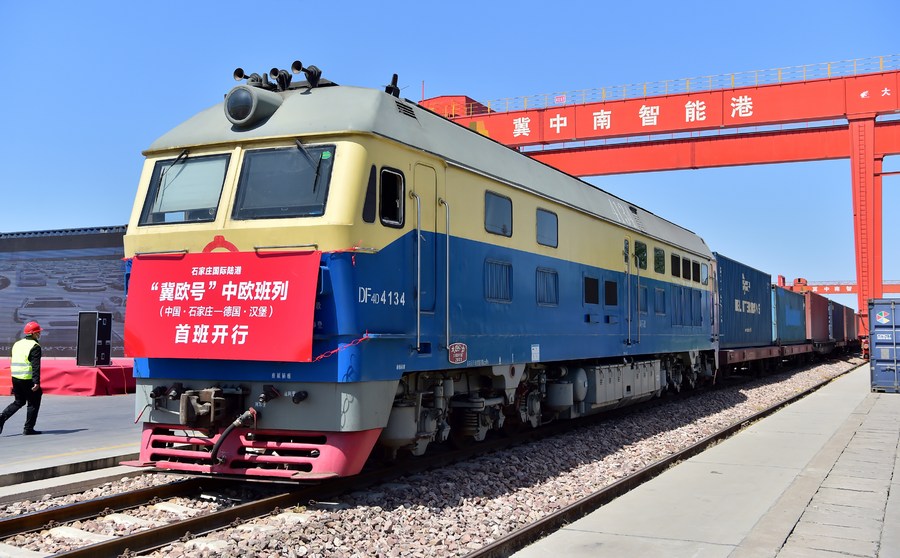Multilateralism Remains the Heart of EU-China Relationship

Despite differences, which may continue to be present, the key point is both parties are willing to make adjustments and pursue diplomacy in search of the greater good, which means the EU-China relationship will continue to be defined by diplomacy as opposed to confrontation and a Cold War mentality.
In a virtual meeting held earlier last week, the leaders of China, Germany and France agreed to sustain multilateral cooperation across a whole range of areas including COVID-19 assistance, trade, cultural and digital matters and climate change. They also pledged to advance several agreements, including the EU-China Agreement on Protecting Geographical Indications, as well as the Comprehensive Agreement on Investment (CAI) which would expand mutual and reciprocal market access.
The summit comes amid speculations of a decline in the EU-China relationship with third parties such as the United States attempting to drive a wedge between them and create “bloc politics” to target Beijing. However, both parties have ultimately sought to maintain a position of engagement, stability and cooperation with the other, as opposed to waging a “Cold War mentality.” As a result, despite challenges, it is a diplomatic relationship that ultimately remains productive, bound by mutual interests and capable of further development.
On the final day of 2020, China and the EU reached “an agreement in principle” on the Comprehensive Agreement on Investment. Despite the challenges created by the U.S., the EU-China relationship remains ultimately premised on the need for diplomacy, engagement and constructive agreements.

The European Union may have a great deal of cultural, value and ideological overlap with the United States, but the institutional behavior of EU politics is orientated towards stable multilateralism as opposed to a zero-sum pursuit of hegemony. Despite a number of differences, the EU sees its relationship with China as wide and important.
There can be no “decoupling” in EU-China relations despite the rhetoric coming from Washington. China remains an essential partner of the EU in the economy, trade and investment. China is the largest trading partner of the EU, a development that has been accelerated by the success of the Belt and Road Initiative and cross-continental freight trains.
According to a report by Bloomberg in June, European companies see investing in China as a priority amidst the impact of the pandemic, with nearly 60% of European companies planning to expand their China operations in 2021, up from 51% last year, according to an annual survey by the European Chamber of Commerce. The study further notes that “the resilience of China’s market provided much-needed shelter for European companies amidst the storm of the COVID-19 pandemic.”
Despite differences, which may continue to be present, the key point is both parties are willing to make adjustments and pursue diplomacy in search of the greater good, which means the EU-China relationship will continue to be defined by diplomacy as opposed to confrontation and a Cold War mentality.
 Facebook
Facebook
 Twitter
Twitter
 Linkedin
Linkedin
 Google +
Google +







